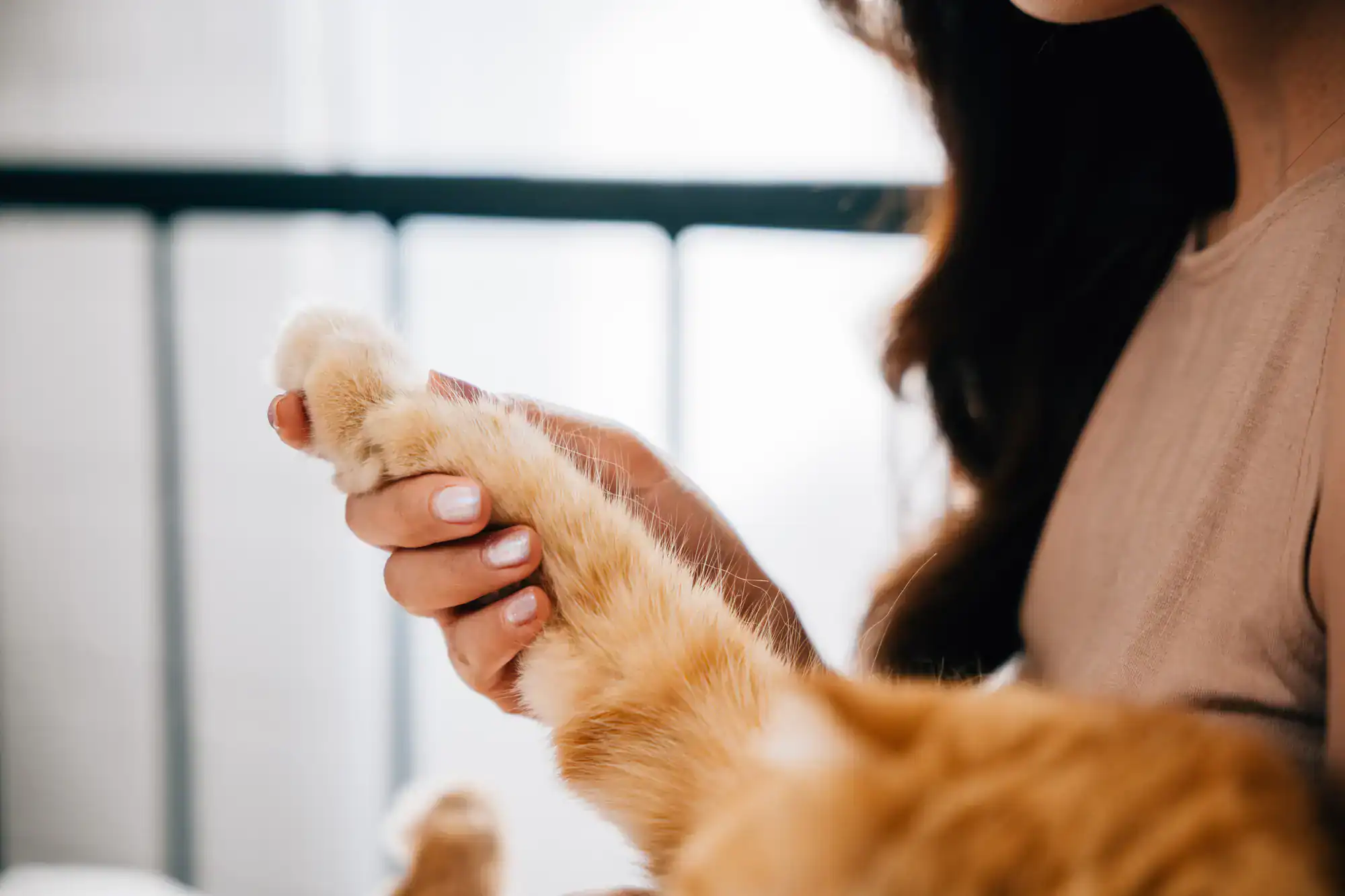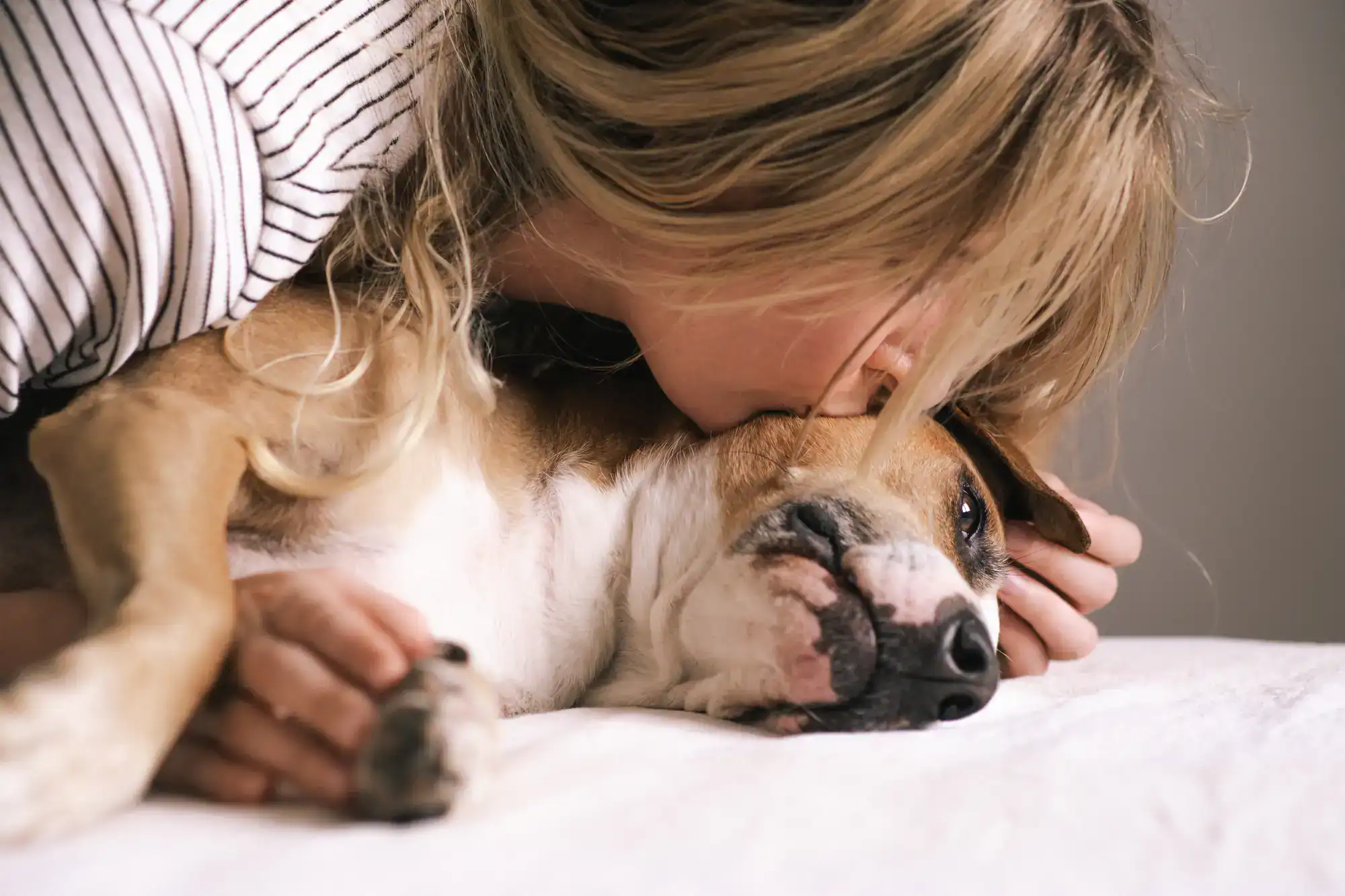Pet Loss Support in New Caney, TX
Find Healing After Losing Your Beloved Companion
Professional pet loss support and grief counseling to help you navigate this difficult journey with compassion and understanding.

Hear from Our Customers

Pet Grief Counseling New Caney
Losing a pet isn’t just losing an animal—you’ve lost a family member, a daily companion, and a source of unconditional love. The grief you’re feeling is real, valid, and deserves proper support.
You’ll find a safe space here where your emotions are understood, not judged. Whether you’re dealing with anticipatory grief before your pet’s passing or struggling months after their loss, professional guidance helps you process these complex feelings at your own pace.
The path through pet loss grief isn’t linear, and there’s no timeline you need to follow. You’ll gain coping strategies that actually work, connect with others who truly understand what you’re experiencing, and learn that healing doesn’t mean forgetting—it means honoring your pet’s memory while finding peace.
Pet Loss Resources Harris County
Angel Oaks Pet Crematory has been serving families in Harris County for over 36 years, understanding that pet loss affects every member of your household differently. As members of the American Association for Pet Loss and Bereavement, we maintain the highest standards in compassionate care.
Our team includes two full-time veterinarians who understand the medical and emotional aspects of pet loss. We’ve helped thousands of New Caney families navigate this difficult journey, recognizing that in a community where 58% of households own pets, the need for genuine support is significant.
Our approach honors the diverse New Caney community, providing culturally sensitive support that respects how different families process grief and loss.

Coping With Pet Loss New Caney
Pet loss support begins with acknowledging that your grief is real and significant. You’ll start by connecting with professionals who understand the unique bond between pets and their families—no explanation needed about why this hurts so deeply.
The process adapts to your specific needs, whether you’re dealing with sudden loss, anticipating your pet’s passing, or struggling with complex emotions months later. You’ll explore healthy ways to process guilt, anger, sadness, and the overwhelming sense of emptiness that often follows pet loss.
Support continues as long as you need it. Some people find relief in weeks, others need months or longer. You’ll develop personalized coping strategies, learn about memorial options that feel right for your situation, and discover that healing is possible while keeping your pet’s memory alive.

Ready to get started?
Pet Bereavement Support Texas
Our pet loss support includes individual counseling sessions, group support meetings, and resources for families with children experiencing their first encounter with death. You’ll receive guidance on making end-of-life decisions, creating meaningful memorials, and understanding the normal stages of grief.
New Caney families often struggle with the isolation that comes with pet loss, especially when friends and extended family don’t understand the depth of your bond with your pet. Our local support groups connect you with neighbors who’ve walked this same path, creating lasting connections beyond the immediate grief period.
We also address anticipatory grief—the difficult emotions that arise when you know your pet’s time is limited. Early support helps you make the most of remaining time while preparing emotionally for what’s ahead, reducing the intensity of regret and “what if” thoughts that often complicate the grieving process.

How long does pet grief typically last and is my reaction normal?
What should I do with my pet's belongings and favorite spaces?
How do I help my children understand and cope with pet loss?
Should I get another pet right away to help with the grief?
Is it worth spending money on expensive end-of-life care for pets?
How do I handle people who don't understand why I'm so upset about losing a pet?
Other Services we provide in New Caney
